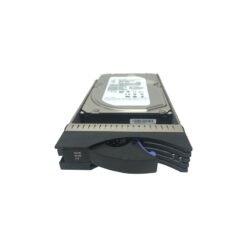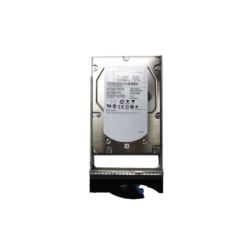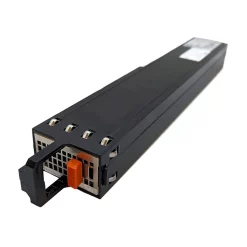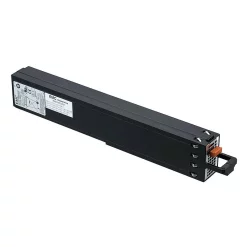Hybrid Flash for Hybrid Workloads: Exploring the Benefits of EMC Unity’s Latest Innovations
Introduction to EMC Unity Hybrid Flash Storage
EMC Unity, an innovation by Dell EMC, represents a paradigm shift in managing hybrid workloads with hybrid flash architecture. This technology is designed to address the increasing demands of modern businesses for efficient, scalable, and adaptable storage solutions. Its latest innovations focus on optimizing performance, enhancing scalability, and providing a seamless user experience for IT professionals.
Architecture and Key Features
EMC Unity’s architecture is built on a unified storage platform that supports both block and file data services. This hybrid flash system ensures high availability, secure data management, and efficient storage utilization.
Key Features
- Unified Architecture: Supports multiple protocols including iSCSI, FC, NFS, and SMB, allowing diverse workloads.
- Dynamic Pools: Enable the automatic rebalancing of data to optimize drive utilization and extend lifecycle.
- Fast Cache: Utilizes flash drives to extend cache capacity, improving read/write operations efficiency.
Technical Specifications
| Specification | Details |
|---|---|
| Maximum Capacity | Up to 1.5 PB per system |
| Drive Support | SAS, SATA, NVMe, SSD |
| Maximum IOPS | Up to 1.2 million |
| Data Reduction | Inline compression and deduplication |
| RAID Support | RAID 1/5/6 |
Data Flow and Underlying Mechanisms
In EMC Unity’s hybrid flash system, data flow is engineered to maximize throughput and minimize latency. The system’s data handling is optimized by its Fast VP (Virtual Provisioning) and FAST Cache technologies.
Data Flow Process
- Data enters through multiple supported protocols and is cached in the global memory.
- Critical data is written directly to flash storage via the FAST Cache, improving response time.
- Less frequently accessed data is moved to lower-tier storage via automated tiering mechanisms, ensuring optimal storage efficiency.
Underlying this process are mechanisms such as deduplication and compression that operate inline to reduce the data footprint and enhance storage efficiency without adversely affecting performance.
Benefits of EMC Unity for Hybrid Workloads
- Scalability: Seamlessly scales to handle growing data needs without disruption.
- Cost-Effectiveness: Reduces total cost of ownership through data reduction technologies.
- Performance: Hybrid flash architecture delivers robust performance metrics suitable for transactional and analytical workloads.
- Ease of Use: Provides an intuitive interface for storage management that reduces complexity and administrative overhead.
Use Cases
EMC Unity Hybrid Flash is particularly well-suited for a variety of demanding real-world scenarios:
- Enterprise Resource Planning (ERP) Systems: Hybrid flash can handle the high IOPS and low latency requirements typical in ERP environments.
- Virtual Desktop Infrastructure (VDI): Its ability to scale performance ensures a smooth user experience across numerous virtual desktops.
- Database Management Systems (DBMS): Provides the needed reliability and responsiveness for mission-critical databases.
Comparison with Competing Technologies
EMC Unity competes with several modern storage solutions, leveraging its hybrid architecture to offer unique benefits:
Strengths
- Unified Storage: Unlike some competitors that separate file and block storage, Unity offers a more integrated approach.
- Data Efficiency: Inline data reduction technologies provide a competitive edge by ensuring maximum storage utilization.
Weaknesses
- Initial Setup Complexity: Implementing the full suite of features may require a learning curve.
- Cost: Although cost-effective in the long run, initial investment may be higher compared to entry-level solutions.
Conclusion
Through its innovative hybrid flash architecture, EMC Unity demonstrates significant advantages for hybrid workloads, offering scalable and efficient storage solutions that align with modern enterprise needs. This makes it a compelling choice for IT environments that demand reliable performance, data efficiency, and flexible scalability.












